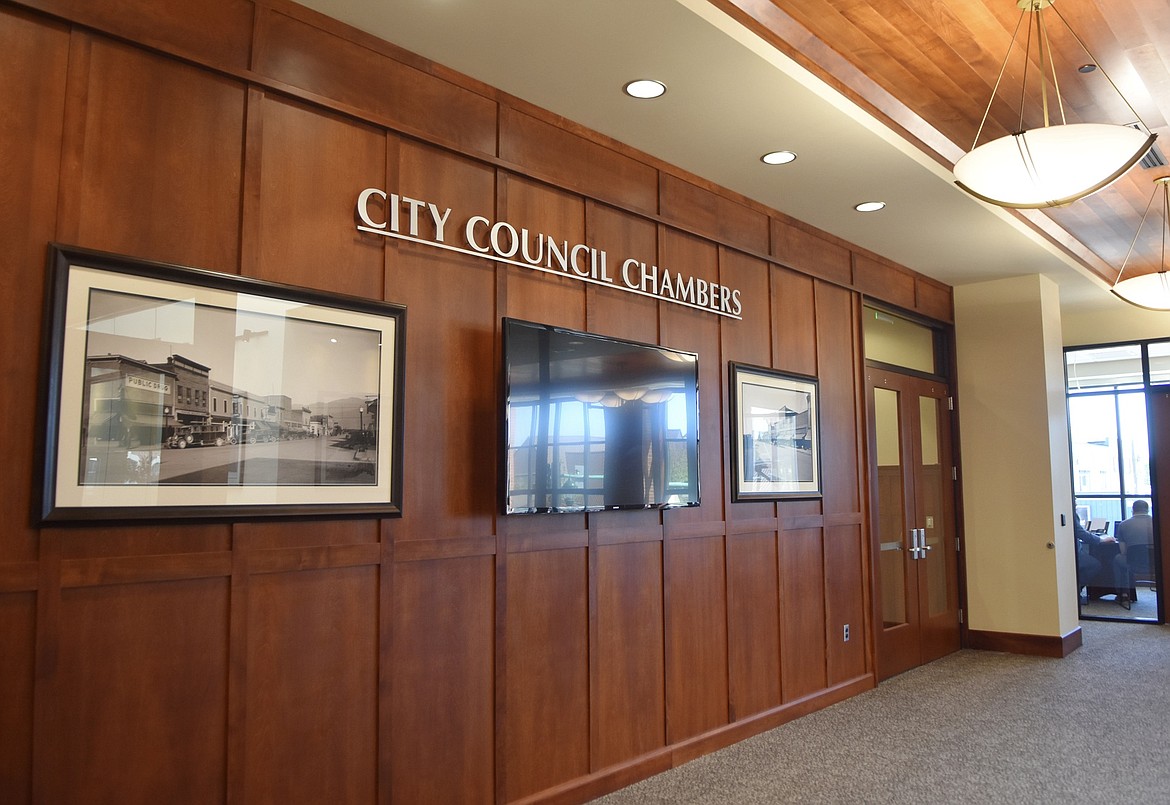Whitefish Council looks to increase impact fees
Whitefish City Council on Monday will consider approving a significant increase in the impact fees it collects on new development and in a related decision whether it plans to expand City Hall within the next decade.
Whitefish charges an impact fee of about $7,400 for a single-family unit and will determine whether to increase that fee to about $11,600.
City Council meets at 7:10 p.m. at City Hall, 418 E. Second St.
Impact fees are one-time charges for new development or remodels to compensate for the cost of public infrastructure required to provide services. State law allows local governments to charge impact fees, but provides limitations on how those fees may be established and calculated.
The city is currently involved in a federal class action lawsuit alleging that the municipality unlawfully inflated impact fee rates. A jury trial for the case filed in U.S. District of Montana is set for July 2024.
The city has contracted with TischlerBise to evaluate its impact fees and make a recommendation for updating those fees. The proposed update plans to adopt the fees at the maximum supportable level, effective Jan. 1, 2024.
City Manager Dana Smith said the city under state law has flexibility in implementing impact fees.
“Implementation of the fees could be a phased approach over time to minimize the sudden increase of costs for developers or the fees could be adopted at the maximum rate immediately,” she said in a memo. “Should fees not be adopted as presented, the City Council may need other sources of funding to complete the proposed projects in the planned time frame.”
Whitefish collects impact fees for Parks and Recreation, paved trails, City Hall, police, fire, water and wastewater. It also assesses a stormwater impact fee, but the consultant has recommended removing that fee.
Smith is asking Council to consider whether it intends to add a third story to City Hall within the next 10 years. The impact fee makes that assumption given that the city will need to begin planning for that project to be completed in the next decade, she notes.
“Given the expansion is 100% due to growth, impact fee funding is projected as the primary source of funding,” she wrote in a memo to Council. “If the City Council decides to delay the decision to expand City Hall, the inclusion of such a fee could be reconsidered during the 5-year update in 2028.”
Impact fees are collected on commercial development based on a separate rate structure from residential. The fees for retail and office businesses would increase by roughly $3,000 based on square footage of the building.
Whitefish has been charging impact fees since 2007. Under state law, cities are required to review and update impact fee studies every five years.
ALSO ON the agenda, Council will consider the adoption of the Whitefish Fire Department Strategic Plan. AP Triton, a consultant hired by the city, completed a long-range master plan for the fire department in 2021 and recommended that the department create a strategic plan.
The strategic plan is a tool to guide the priority and process to implement recommendations in the long-range master plan, Fire Chief Cole Hadley notes.
“Some recommendations, such as increasing staffing or procuring rate studies do come at a cost, but those costs will be appropriated during the annual budget process,” Hadley said.
Council will consider a resolution authorizing the submission of an application for a Pathways to Removing Obstacles to Housing Grant to the U.S. Department of Housing and Urban Development. The city is seeking $1 million to complete a series of actions in its 2022 Whitefish Community Housing Roadmap.
During a work session beginning at 5:30 p.m., Council will discuss the proposed annexation and zone change for a property at the southeast corner of U.S. 93 and Montana 40. The 11-acre parcel is being considered for the Alpine 93/40 project which would include 210 apartments and 15,000 square feet of commercial space.
The development is proposing to provide 21 units or 10% of the units as deed-restricted housing under the city’s voluntary Legacy Homes program.
Council began its examination of the project at its Oct. 2 meeting, but had questions regarding whether it could condition the project and the impacts to traffic.
Features Editor Heidi Desch may be reached at 758-4421 or hdesch@dailyinterlake.com.


